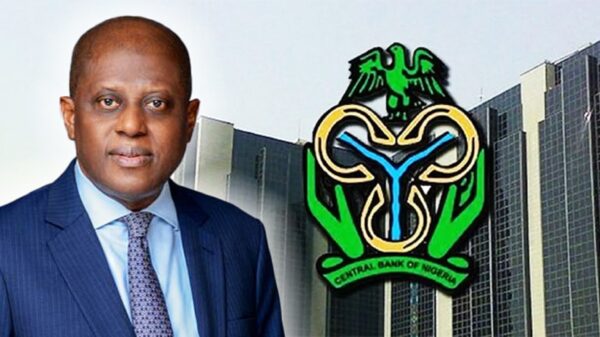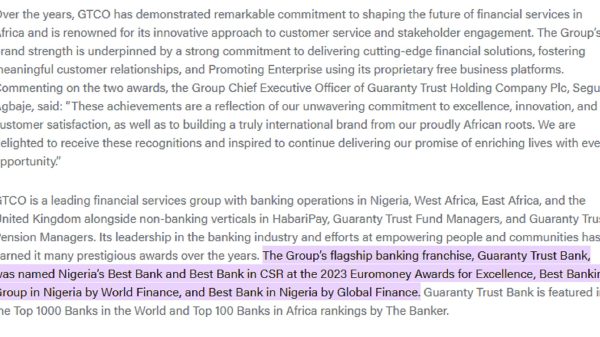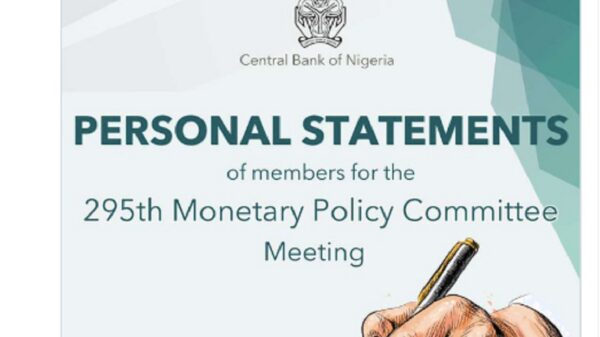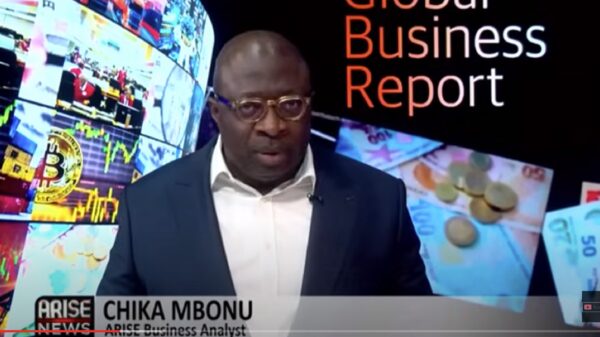In the dynamic world of economics, few issues garner as much attention and debate as exchange rates. Recently, a discussion unfolded between two experts, Praise Ihansekhien and Gospel Obele, shedding light on Nigeria’s exchange rate policies and their implications.
Let’s delve into their insightful conversation to understand the complexities and possible solutions surrounding this critical economic issue.
The Debate Unfolds: Perspectives on Monetary Policy
In a recent dialogue hosted by Mary Stem Securities and Streetnomics, Praise and Gospel, experts in investment research and economics, shared their views on Nigeria’s monetary policy decisions. Praise, based in Lagos, emphasized the importance of the Central Bank of Nigeria’s (CBN) mandate to combat inflation.
She highlighted the expectations and debates surrounding recent interest rate decisions, advocating for a balance between rate hikes and economic growth.
Gospel, joining from London, offered a nuanced perspective, questioning the effectiveness of conventional monetary approaches in addressing Nigeria’s inflationary challenges.
He emphasized the need for comprehensive strategies beyond interest rate adjustments, stressing the impact of non-monetary factors on inflation and economic dynamics.
Evaluating Monetary Policy and Market Sentiments
Praise and Gospel explored the implications of recent monetary policy decisions on market sentiments and investor confidence. They discussed the divergent views within the financial community regarding the adequacy of rate hikes in addressing inflationary pressures.
While Praise acknowledged the signaling effect of rate adjustments on foreign investors, Gospel underscored the limitations of such measures in addressing underlying structural issues.
Inflation Dynamics and Economic Realities
The conversation delved deeper into the intricate relationship between inflation dynamics and real economic conditions.
Gospel highlighted the role of food and energy prices in driving inflation, emphasizing the need for holistic approaches beyond monetary policy tools. Praise echoed the concerns, emphasizing the challenges posed by inflationary pressures on businesses and households.
Fiscal Policy Imperatives for Inflation Management
Both experts underscored the critical role of fiscal policy in complementing monetary measures to manage inflation effectively. They emphasized the need for strategic interventions to enhance food security, address insecurity, and stimulate productivity growth.
Praise and Gospel highlighted the importance of aligning fiscal and monetary policies to achieve sustainable economic outcomes.
Securities Market Reactions and Policy Implications
The discussion extended to the implications of monetary policy decisions on the securities market. Praise analyzed the impact of rate hikes on money market securities, highlighting short-term adjustments in response to CBN’s actions.
Meanwhile, Gospel emphasized the need for a broader focus on real sector dynamics and market fundamentals to drive sustainable investment outcomes.
Challenges in Exchange Rate Management
The experts scrutinized recent interventions in the foreign exchange market, including adjustments in BDC sales and exchange rate policies. They emphasized the importance of balancing short-term stability measures with long-term structural reforms to address currency depreciation and promote market confidence.
Praise and Gospel highlighted the complexities of exchange rate management and the imperative of coordinated policy actions.
Conclusion: Navigating Exchange Rate Dynamics
In a rapidly evolving economic landscape, exchange rate management remains a formidable challenge for policymakers and market participants alike. The dialogue between Praise and Gospel offered valuable insights into the multifaceted nature of Nigeria’s exchange rate dynamics and the need for holistic policy responses.
As Nigeria strives to achieve macroeconomic stability and sustainable growth, collaboration between monetary and fiscal authorities will be essential in charting a path forward amidst ongoing uncertainties.























































You must be logged in to post a comment Login